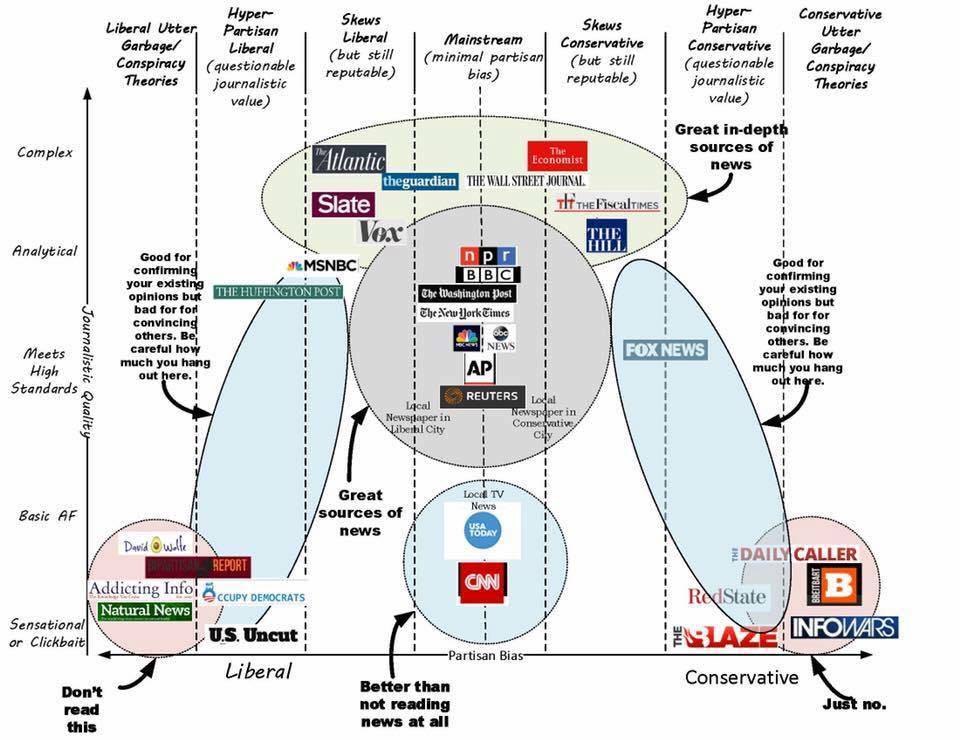Starting with Ronald Reagan, one after another, American presidents of both parties have oversimplified and overemphasized the benefits of free trade, without pausing to study its costs, and who was paying them
Trump has correctly identified a problem. But by focusing only on free trade deals he risks repeating the very mistakes that conjured him forth in the first place.
International free trade theory ultimately rests on this Ricardian bedrock: Free trade is a win-win, and not a zero-sum, proposition. … But that’s only part of the picture. Sometimes free trade isn’t a win-win at all. When a business shuts down due to its country’s loss of comparative advantage in that industry, people lose their jobs. Finding work in an entirely different sector is seldom as peachy as Ricardo’s model makes it seem.
The Keynes-based policies of the postwar era were designed with the understanding that workers were also consumers—a fundamental engine of demand. Making sure they had enough money in their pockets to buy goods kept the economy chugging along.
Though you’ll often hear people say that Nafta let Mexicans steal American jobs, this rhetoric distracts from a far more fundamental dynamic of trade—that workers in all countries benefit from rules that prevent corporations from exploiting them.
What economists seldom explain is that the only way for the US to gain from cheaper production in China is by giving up those same jobs at home, according to Ricardo’s model, and employing laid-off workers in more sophisticated, better-paying jobs.
Ricardo didn’t account for what happens when another country devalues its currencies against the dollar, forcing the US to run a chronic current account deficit. When this happens, the cheapness of imported goods enjoyed by American consumers doesn’t come from comparative advantage. These supposed “gains from trade” result from one country suppressing its people’s purchasing power in exchange for propping up employment. The US gets the opposite: excessive consumption and job loss. Until those imbalances readjust, America’s trade deficit will persist—and so will joblessness among its lower-skilled workers.
Just as free trade itself didn’t cause America’s lost jobs and stagnant wages, neither will restricting it fix those problems. Winning global cooperation on exchange rates would help—a lot. But ultimately, to make free trade fair again, instead of “bringing back jobs,” America’s new president should also invest in creating new ones.
Source: Donald Trump is right: Free trade is broken, but his “fix” would only make things worse. — Quartz
